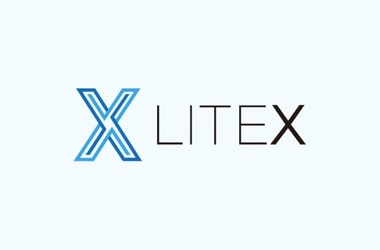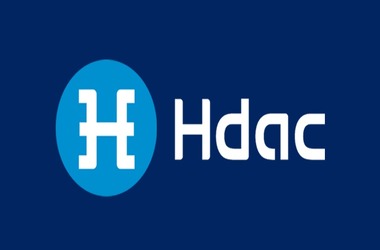 The Swiss Financial Market Supervisory Authority FINMA has set out the guidelines for Swiss-based startups, which are planning to raise capital through initial coil offerings (ICOs). The guidelines also define the information FINMA requires to deal with such enquiries and the principles upon which it will base its responses, creating clarity for market participants. The guidelines complement the previous set of rules issued in April 2017.
The Swiss Financial Market Supervisory Authority FINMA has set out the guidelines for Swiss-based startups, which are planning to raise capital through initial coil offerings (ICOs). The guidelines also define the information FINMA requires to deal with such enquiries and the principles upon which it will base its responses, creating clarity for market participants. The guidelines complement the previous set of rules issued in April 2017.
While assessing ICOs, FINMA will focus on the economic function and purpose of the tokens/native currency. FINMA will also consider whether the tokens are already tradeable or transferable. Since, there is no generally recognized terminology for the classification of tokens either in Switzerland or internationally.
Token Classification
FINMA categorizes tokens into three types ( hybrid forms are acceptable):
• Payment tokens are synonymous with crypto currencies and have no further functions or links to other development projects. Tokens may in some cases only develop the necessary functionality and become accepted as a means of payment over a period of time.
• Utility tokens are tokens which are intended to provide digital access to an application or service.
• Asset tokens represent assets such as participations in real physical underlyings, companies, or earnings streams, or an entitlement to dividends or interest payments. In terms of their economic function, the tokens are analogous to equities, bonds or derivatives.
FINMA’s analysis indicates that money laundering and securities regulation are the most relevant to ICOs. Projects which would fall under the Banking Act (governing deposit-taking) or the Collective Investment Schemes Act (governing investment fund products) are not typical.
Handling ICOs
On the basis of the above-mentioned criteria (function and transferability), FINMA will handle ICO enquiries as follows:
• Payment ICOs: For ICOs where the token is intended to function as a means of payment and can already be transferred, FINMA will require compliance with anti-money laundering regulations. FINMA will not, however, treat such tokens as securities.
• Utility ICOs: These tokens do not qualify as securities only if their sole purpose is to confer digital access rights to anapplication or service and if the utility token can already be used in this way at the point of issue. If a utility token functions solely or partially as an investment in economic terms, FINMA will treat such tokens as securities (i.e. in the same way as asset tokens).
• Asset ICOs: FINMA regards asset tokens as securities, which means that there are securities law requirements for trading in such tokens, as well as civil law requirements under the Swiss Code of Obligations (e.g. prospectus requirements).
Further, FINMA believes that ICOs can also exist in hybrid forms of the above categories. For example, anti-money laundering regulation would apply to utility tokens that can also be widely used as a means of payment or are intended to be used as such.
While publishing the guidelines, FINMA said that it recognises the innovative potential of block chain technology and therefore supports the federal government’s Block chain/ICO Working Group in which it is participating.
FINMA CEO, Mark Branson, said
“The application of blockchain technology has innovative potential within and far beyond the financial markets. However, blockchain-based projects conducted analogously to regulated activities cannot simply circumvent the tried and tested regulatory framework. Our balanced approach to handling ICO projects and enquiries allows legitimate innovators to navigate the regulatory landscape and so launch their projects in a way consistent with our laws protecting investors and the integrity of the financial system.”

 United States
United States United Kingdom
United Kingdom















